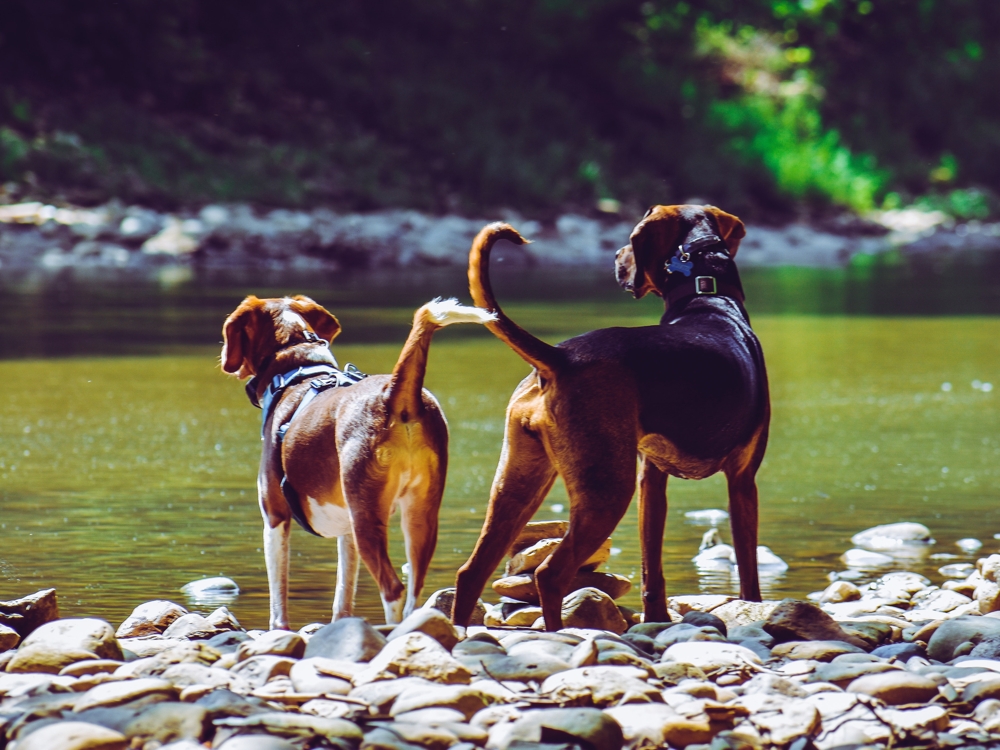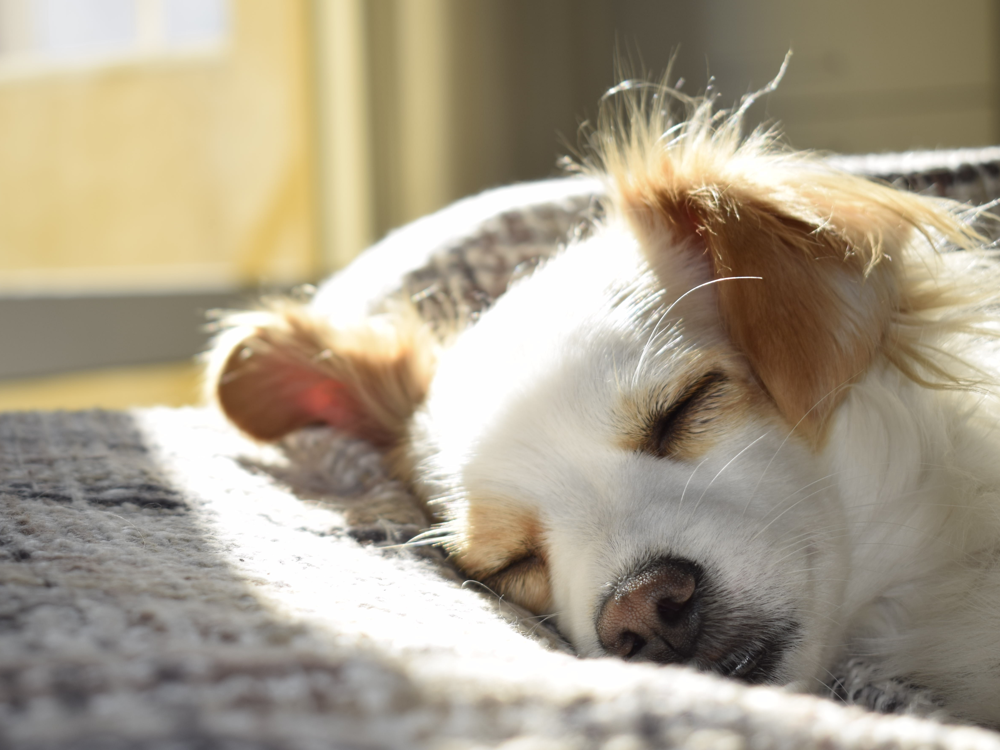What to Do When Bringing Your New Puppy Home for the First Time
Share
[Sassy_Social_Share]Knowing in advance what to do when you bring a new puppy home will help you and your pup adjust to your new life together more smoothly. Your furry bundle of joy will come with tons of energy and no idea how to fit into your home and lifestyle. But he’ll also come with a boundless enthusiasm and willingness to learn. His primary goal in life is to please you, and he will be eager for you to teach him how. And he will need teaching!

Your pup has no way to know what is and is not a dog toy until you make it clear. He’s only developing the ability to control his bowel and bladder. While he has a strong instinct not to soil his own den, he doesn’t know where he should go until you instruct him. Puppies are uncomplicated, but they do need patience and a few basic essential things. Being prepared and knowing what to expect will mean more time and energy for fun together.
What to Do Before You Bring a New Puppy Home
If you are getting a purebred pup from a breeder, you might have already researched the various dog breeds and know what to expect. If you’re getting a puppy from a rescue, they will usually have some insight into the type of dog he is. Even if your pup is a mysterious mixed breed, it will help to read up on the most obvious breed or breeds in the mix to help you understand his behaviour. It isn’t that important to know which type of terrier he is, for example, but it is important to know that terriers are energetic, clever dogs who need lots of exercise and entertainment.
You’ll also need a few basic supplies in advance:
- Dog bed
- Collar, lead and harness
- Food and water dishes
- Puppy food and training treats
- Durable chewing toys, ball, Frisbee, etc.
- House crate if you plan to use one
- Travel crate or dog seat belt
The puppy will start learning the moment he walks into your home. It helps to have some idea of how you want to train him and where you want him to sleep. Will you use crate training or do you want him to sleep on the foot your bed? Do you know how to react when he soils inside? (Hint, not by yelling or punishing him!)
Puppy-proofing is a very important thing to do when you bring a new puppy home. They have a strong drive to chew everything, so it important to keep things up and out of their sight, preferably behind closed doors. Electrical cords, remote controls and gaming equipment, shoes, breakables and anything that smells like food (including scented candles, lotion, etc.) needs to be where your pup can’t get it. Check your home for toxic plants, holes in the fence and other hazards.
Puppy’s First Days Home

This adorable new fur ball is going to divide his time between playing wildly, eating and sleeping for a while. It’s important to start as you mean to go on. If you laugh or otherwise reward naughty behaviour, he will repeat it and not understand why it isn’t funny the second time. Here’s what to do when you bring a new puppy home.
- First Day: Try to clear your schedule so you can just relax at home getting to know your puppy. Introduce him to his toys, play with him and put on his collar. Odds are, he is too young to go out yet, so keep him inside until the vet confirms his vaccinations are adequate for socializing. Take him outside to the garden to toilet about 15 minutes after he eats a meal. If he doesn’t go, try again in 15 minutes. If he does go, praise him lavishly. Beyond this, don’t worry about training. He has a steep learning curve just getting to know you and your home.
- First Night: This is a challenging time! Your pup is in a new place, and he is likely to be scared on his own at night. He’s used to his mum and his littermates. If you want him to sleep in your room. Many people who want their dog to sleep downstairs find it works well to sleep near the dog’s sleeping place for a few nights until he is comfortable. Remember, that little puppy bladder is not likely to make it through the night. You can crate him with some newspapers or take him out a few times, whichever suits you.
- First Week: After his first couple of days, it’s time to start some basic training. Teaching your dog to come when called, sit and stay are the most essential commands so start with one of these. Remember to reward him with praise and treats when he gets it right! Keep sessions short so he doesn’t get bored. Make sure everyone in the family is using the exact same command words. You can also start getting him used to being groomed by running a brush gently over his coat for a few minutes. Make a point of handling his paws so he is not frightened when it is time for a nail trim. If you don’t already have a vet, find one near you and schedule his first visit.
- First Month: Try to get all of the official stuff out of the way too. Get his licence, and make sure he is microchipped with your details, not the breeder’s. Get his tag with his name and your contact details. If he is a purebred, ask the breeder about registering him. Aim to spend ten minutes twice a day on training and continue to take your puppy outside frequently so he learns where to toilet. Depending on your pup’s age, it is probably too soon to start walking him around the neighbourhood. But you can begin his socialising by introducing him to people in your life. Teach him to sit calmly when meeting new people, and have friends greet him calmly.
Once you have the vet’s okay, you can start taking your puppy out for walks. He’ll be very excited, but remember you’re going to be walking him for the next ten to 15 years so you want him to learn to cooperate nicely on the lead. This is also the prime time to enrol him in an obedience class. The class is a great bonding exercise and fantastic mental stimulation for your dog.
At first, it can feel like this pup has upended your life. But before you know it, he’ll be such an important part of the family you’ll wonder how you got along without him by your side showering you with love every day. You have a lot to do when you bring a new puppy home, but it one of the most rewarding things ever.






